5 Paid Traffic Sources Every Online Marketer Should Be Testing


PPC. Paid advertising. Or simply, paid.
45% of small businesses are using it already, and this year in the US, nearly $233 billion is forecast to be spent on digital ads.
As websites compete more fiercely for traffic, costs are rising. Facebook, Google, YouTube…CPMs have become more expensive on all platforms.
That’s why marketers must be smarter about which paid traffic sources they are using and when, and how much to invest in each.
What are paid traffic sources?
Paid traffic is all the visitors that arrive at a website via a paid click on an ad or link. Here are the main sources of paid traffic:
- Display ads or banner ads
- Paid search like Google Ads or Bing Ads
- Social media ads, such as Twitter, Facebook, LinkedIn, TikTok, YouTube, etc
- Native discovery, or sponsored content, promoted by networks such as Outbrain
- Influencer marketing, when influencers promote your product or brand for their audience
- Affiliate marketing, when a third party promoter drives clicks to your site
The secret sauce for a successful PPC strategy always depends on your specific audience, brand, and goals. When you’re testing paid traffic sources, here are five you might want to consider first:
YouTube Ads
You know that feeling when you go to YouTube and the perfect video shows up in your feed? Great, isn’t it?
Video is by far one of the more popular marketing tools available. According to Ahrefs, YouTube is the most visited website in the world, with over 8 billion monthly searches. In 2021, visitors to YouTube spent an average of 29 minutes on the site, meaning they are interested and engaged, and ready to be excited by your ad.
What’s more, YouTube targeting offers a very granular approach, with several ways to target audiences. These include the usual demographics, but also topic-based targeting, and similar audience targeting (AKA Lookalike audiences). There is also affinity targeting, which focuses on users who are interested in topics similar to your niche, and even life events targeting, homing in on users during various major life milestones. In short, YouTube combines the popular video format with a huge global audience and a range of advanced targeting options. Plus it’s relatively affordable, costing an average $2000 to reach 100,000 viewers.
All you need is to start creating exciting and engaging video ads. Here are some video creation tools to help you.
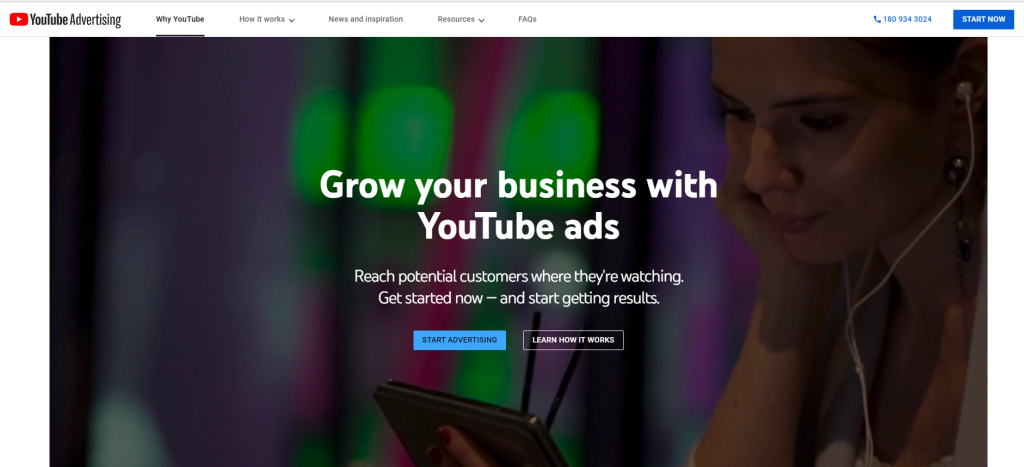
Google Ads
There are currently around 9 billion Google searches every day. According to Google, nearly 60% of consumers research products via search before deciding to buy.
You don’t need to take Google’s word for it. Think about the last time you wanted to buy a product, book a vacation, or sign up for a service. There’s a very high chance you searched Google first.
That’s what makes advertising on Google search so important. Getting that top spot on the first SERP, even before the organic results, is one of the keys to gaining visibility, clicks, and conversions. With Dynamic Search Ads, Google enables you to expand your potential audiences via search, automatically generating ads based on your website pages and content that match search queries. This is a great way to capture potential keywords and queries outside of your regular search campaigns.
Of course, Google also offers display ads on their Google Display Network. Display ads certainly have their problems, including the proliferation of ad blockers. Display ads tend to get lower clicks and engagement than native ads, too.
At the same time, Google claims that their ad network reaches 90% of people on the internet, and it’s hard to argue with that. Not sure whether it’s worth investing in display ads? Here’s a flowchart to help you decide.
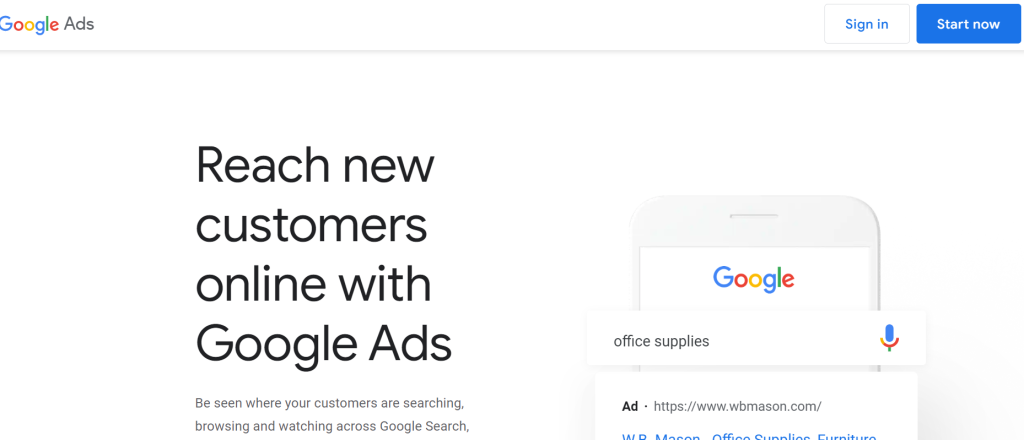
LinkedIn Ads
For those of you in the B2B market, LinkedIn Ads is probably your essential paid traffic source. There are over 700 million LinkedIn users, 63 million of whom are defined as decision makers, and 10 million who are C-level executives. You can target people who have visited your website; target by contact or account; or by title, industry, demographics, or geography. LinkedIn offers a pre-filled contact form similar to Facebook’s lead ads, but really the most exciting thing about LinkedIn is the ability to pinpoint-target people by their business information and to reach them directly. When users are inside LinkedIn, they’re in “professional” mode and will view ads and read content with a different mindset. That could be very powerful for the right advertiser, and especially those who want to do Account Based Marketing.
On the downside, LinkedIn’s network is pricey; minimum bid is $2 for CPC or CPM campaigns with the average cost being $5.26 per click, $6.59 per 1000 impressions, and 80 cents per InMail send. Even so, when done right, LinkedIn is an investment that can pay impressive returns for B2B marketers. Here’s a helpful guide to the different ad types available on LinkedIn.
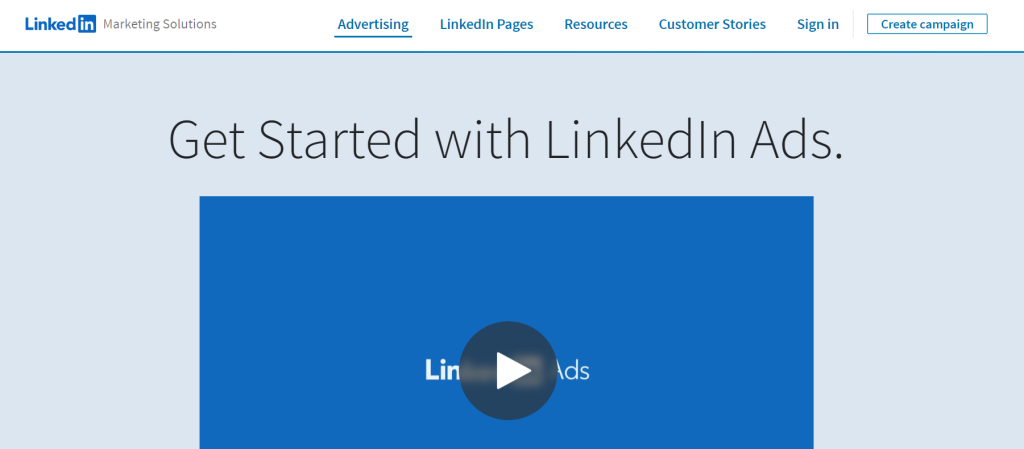
Outbrain Smartads
You may already know Outbrain as those ads that appear as Recommended Posts on the sites you visit. If you are not familiar with Outbrain, here’s a summary of what it does.
Outbrain’s advertising network enables you to advertise on a CPC basis on the open web; that is, on all kinds of websites outside of search and social. Outbrain Smartads include several different ad formats designed for different audiences and goals. For example, the Carousel Smartad is great for telling a brand story or showcasing several related products. Clip Smartads provide a short animated ad experience to catch the eye of the audience and create engagement.
With new targeting options based on interest and context – rather than just standard targeting data such as location – advertisers can maximize their reach and enrich their potential audience pool throughout the marketing funnel, from awareness to conversion.
What’s more, as consumers move away from social media, Outbrain native ads provide a cost-effective alternative that delivers quality traffic and leads.
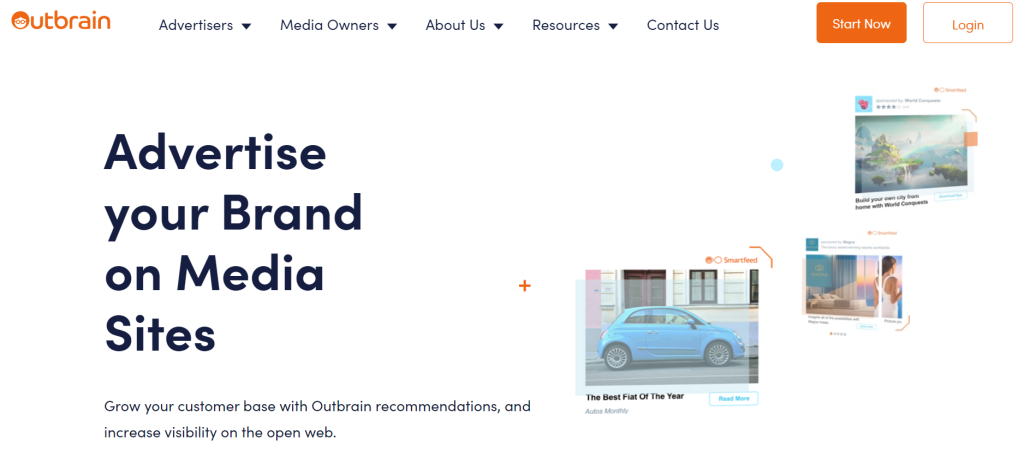
TikTok Ads
TikTok has taken video to another level – short, biteable, edgy content – and it works (in 75 languages!). TikTok is one of the recent success stories in the social media ecosystem, and currently has over 1 billion monthly users worldwide.
TikTok Ads are available in video format only, but the platform’s unique interface offers some unique ad options too. For example, TopView ads are ads that appear once a day, when the user opens the app for the first time. These get an impressive engagement rate of 14%. There are InFeed ads, which work similarly to ads like those on other platforms; on TikTok, engagement rates are as high as 6%.
One of the reasons why TikTok is so popular is the strength of its algorithms. Ad placements don’t just go to the highest bidder; TikTok focuses on the quality and relevance of the ad content too. This ensures a far more engaging and enjoyable experience for users.
For marketers, TikTok is also relatively affordable. Average CPM stands at around $10 for 1000 views, while CPC hovers at an average of $1. TikTok users are mainly Gen Z and Millenials. If your company markets to a younger demographic, then – at this price – you should seriously consider advertising on TikTok.
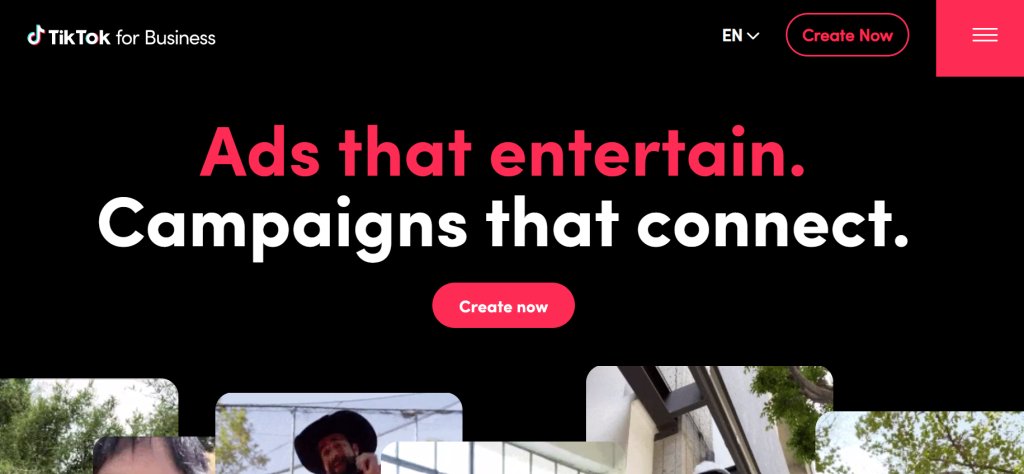
Whatever your customer journey looks like, include paid advertising.
If only the customer journey was a straight line from ad to conversion… Alas, the typical journey a customer takes looks more like this:
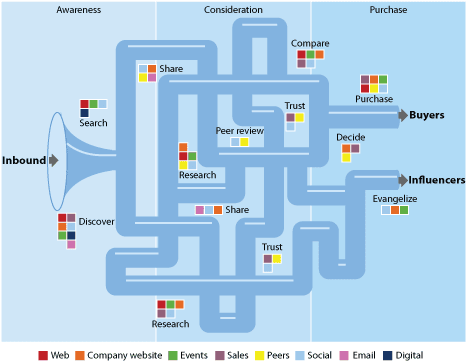
Your best bet will be a mix of digital marketing channels, both paid and organic. The first step in a successful PPC strategy is choosing the right paid channels for your target audience, to generate the highest quality traffic with the potential to turn into customers. If you’re in B2B marketing, then don’t overlook LinkedIn. If you’re a B2C company focusing on Gen Z, you can’t live without TikTok. The only way to know for sure is by trying them out and testing them. That’s the key to revealing the best paid traffic sources for your business.
The post 5 Paid Traffic Sources Every Online Marketer Should Be Testing appeared first on English (US).